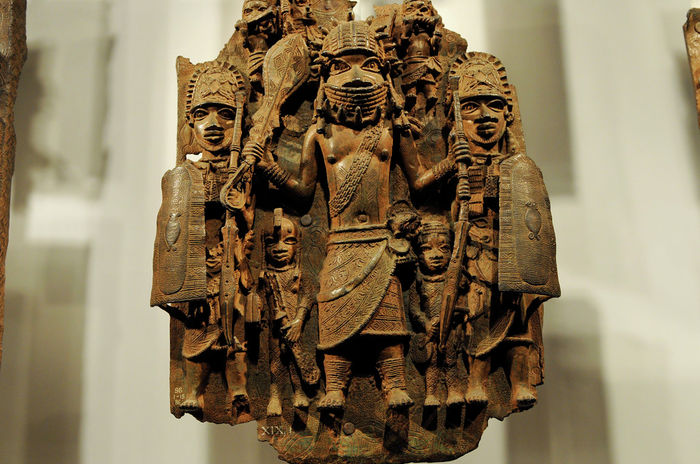Cambridge to ‘decolonise the dodo’ in museum collections
The University is advertising for a PhD to investigate the imperial legacy of the Museum of Zoology’s plant and animal collection

The University of Cambridge is advertising for a PhD student to examine the colonial legacy of its plants and animals collection.
The initiative, supported by tax-payer funding through the Arts and Humanities Research Council, aims to interrogate the imperial roots of the University’s Museum of Zoology.
The successful candidate, who will receive a £19,000 stipend, will be investigating how specimens such as tigers and dodos could be linked to “the European colonial story”.
The advertisement states that the project will help people “feel represented by the museums,” acknowledging that the history of botany and zoology is more diverse than famous European scientists have led people to believe.
It notes that work could focus on “violent colonial activity” and “resource exploitation,” forming part of Cambridge’s ongoing effort to confront its “legacies of enslavement and empire.”
The museum’s collection has some of the world’s most celebrated animals and plants, “from tigers to dodos and rhododendrons and tea” but the University is concerned that these same specimens “represent how colonial histories and environmental histories became tied to the same processes”.
One Archaeology student told Varsity how “important” the decision is, saying: “Especially at somewhere like Cambridge, which has benefitted from imperial and exploitative projects itself, it is crucial that the knowledge produced and presented here not only represents its present audience but redresses discriminatory action of the past.”
The advertisement provides examples of places where colonial connections are present in the museum, such as a vast collection of specimens relating to the dodo, which became extinct in the 17th century due to the Europeans and their predatory animals in Mauritius.
It is suggested that an area of focus for the investigation should be the uncredited work of indigenous figures who helped the European botanists and zoologists gather their collections.
While the advertisement states that Cambridge’s natural history collections “have always supported pioneering research” it argues that “their potential for researching imperial cultural history is only just beginning to be realised”.
The tax-payer-funded project has not escaped criticism. Lee Anderson, a former Conservative MP who is now with Reform UK, told The Telegraph: “Maybe these universities should concentrate on solving present-day problems rather than wasting resources to decolonise the dodo.”
This project is one of many at the University of Cambridge aiming to decolonise its academic resources. The Cambridge University Library Decolonisation Working Group has been meeting since 2020, and introduced a labelling system last year that flags texts which readers may find offensive.
The University of Cambridge has been contacted for comment.
 News / Cambridge student numbers fall amid nationwide decline14 April 2025
News / Cambridge student numbers fall amid nationwide decline14 April 2025 Lifestyle / First year, take two: returning after intermission14 April 2025
Lifestyle / First year, take two: returning after intermission14 April 2025 News / Greenwich House occupiers miss deadline to respond to University legal action15 April 2025
News / Greenwich House occupiers miss deadline to respond to University legal action15 April 2025 Comment / The Cambridge workload prioritises quantity over quality 16 April 2025
Comment / The Cambridge workload prioritises quantity over quality 16 April 2025 Sport / Cambridge celebrate clean sweep at Boat Race 202514 April 2025
Sport / Cambridge celebrate clean sweep at Boat Race 202514 April 2025





